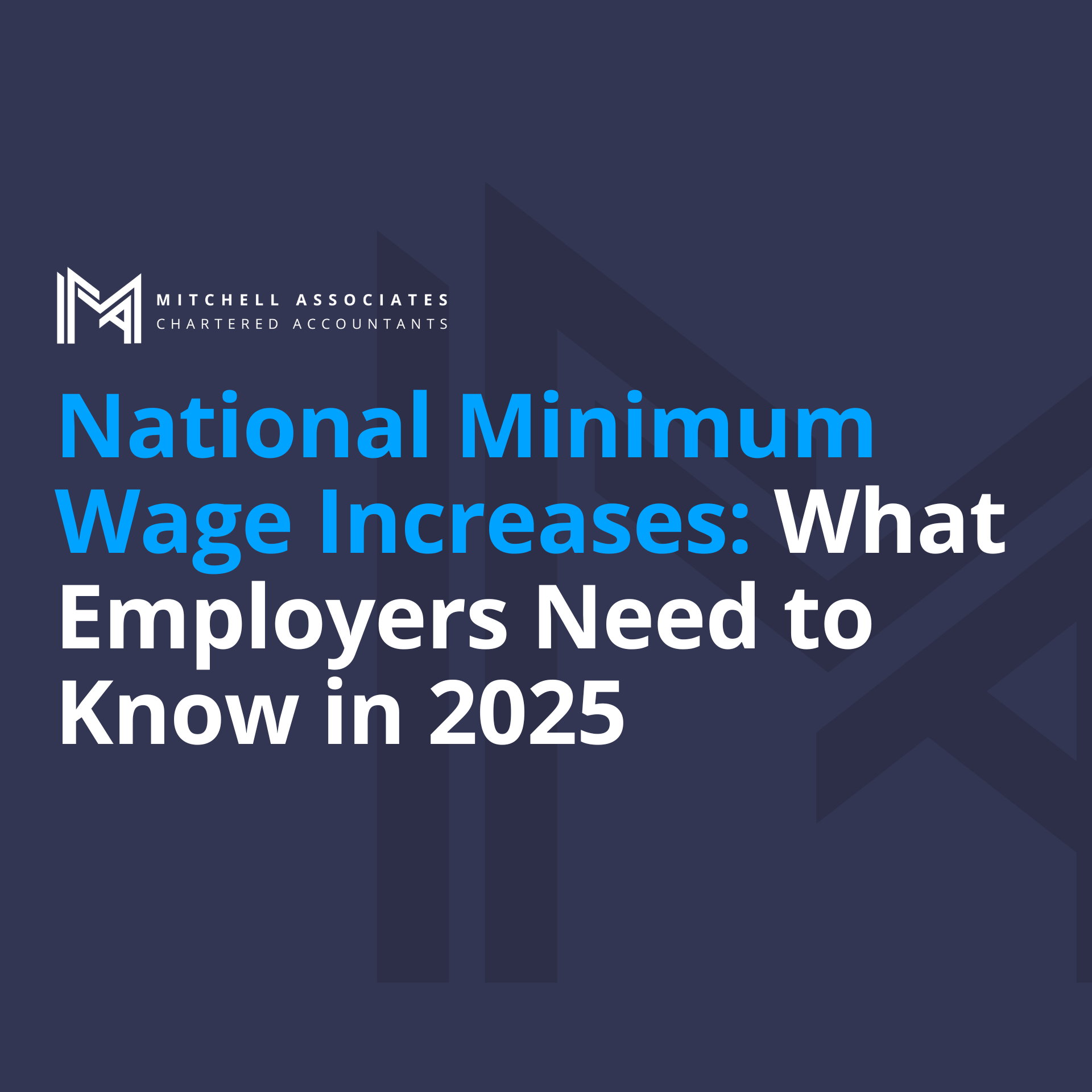National Minimum Wage Increases: What Employers Need to Know in 2025
From 1 April 2025, the UK National Minimum Wage (NMW) and National Living Wage (NLW) rates have increased — a change that affects all employers, especially small businesses managing tight payroll budgets. In this post, we’ll break down what’s changed, who it impacts, and how to make sure your business stays compliant.
The New Rates from 1 April 2025
Here are the updated hourly rates:
-National Living Wage (21 and over) £12.21
18–20 year olds £10.00
16–17 year olds £7.55
Apprentices (under 19 or in first year) £7.55
Note: The National Living Wage now applies to workers aged 21 and over (previously 23+).
What Employers Need to Do
If you employ anyone earning close to the minimum wage, take these steps immediately:
-Review Your Payroll
-Ensure all employees are paid at or above the new rates from 1 April 2025.
-Update Employment Contracts
-If contracts mention previous rates, update them accordingly.
-Train Managers & HR Staff
-Make sure anyone responsible for hiring or payroll understands the new rules.
-Check Apprenticeship Agreements
Be mindful of the apprentice rate rules, especially for those over 19 who’ve completed their first year.
Non-Compliance Can Be Costly
Failing to pay the correct wage can lead to:
-Fines of up to £20,000 per worker
-Repayment of arrears
-Public naming by HMRC
It’s not worth the risk — regular wage audits and robust payroll processes help avoid these pitfalls. Need Help Navigating Payroll Changes?
We help businesses stay on top of payroll legislation — so you don’t have to worry about missing a beat (or a deadline).
Get in touch with our team to review your payroll or set up systems that keep you compliant and confident.

.png)
